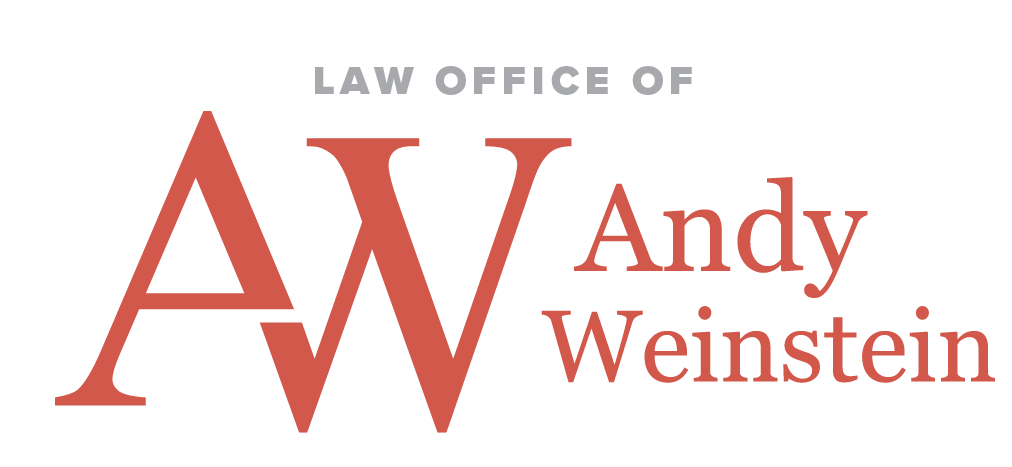One of your first concerns after being arrested is what the consequences will be after a guilty verdict. While each carries its own unique penalties, there are two basic types of offenses – criminal and civil. To understand the difference, let’s start by answering the question “What is a criminal offense?”.
Criminal offenses, more commonly known as crimes, are defined as illegal acts or wrongdoings that society views as an offense not only against the specific victim but also against the sensibilities of society as a whole. Civil offenses are illegal acts or wrongdoings towards specific victims, but society doesn’t consider them an offense to the public or its widely held moral beliefs. Unlike civil offenses, which normally only carry a monetary penalty, criminal offenses typically, although not always, involve jail time.
Different Types of Criminal Offenses
When answering the question “What is a Criminal offense?” It helps to understand that there are different types. There is a multitude of different criminal offenses but for the most part, they fall into four basic categories – personal crimes, property crimes, inchoate crimes, and statutory crimes.
Personal Crimes – These are criminal offenses that culminate in physical or mental harm to another person and they fall into two categories – homicides and all other violent crimes. When physical harm is severe enough to cause death, it is considered homicide. A defendant found guilty of homicide will be charged with one of the many types of homicide depending on the circumstances surrounding the crime. These can include vehicular homicide, voluntary manslaughter, and first degree to name a few. Examples of offenses classified as violent crimes include arson, assault and battery, child abuse, domestic abuse, kidnapping, rape and statutory rape.
Property Crimes – These criminal offenses normally involve interfering or depriving an owner of the use or enjoyment of their property and can involve physical or mental harm to that owner. Property crimes are often theft crimes and include shoplifting, burglary, auto theft, larceny, and robbery.
Inchoate Crimes – These criminal offenses involve assisting another in committing a crime or initiating a crime but not completing it. An inchoate crime entails more than just planning or intending to commit the crime. Significant progress toward completing the crime must have taken place for the defendant to be found guilty. Although incomplete, some inchoate crimes can still receive the same punishment as the originally intended crime. These types of crimes also include aiding and abetting, attempt, and conspiracy.
Statutory Crimes – These criminal offense are a violation of state or federal law and can include both personal and property crimes. There are four significant types of statutory offenses – drug related crimes, alcohol related crimes, traffic offenses and financial/white collar crimes.
Drug-related offenses includes the possession, manufacturing and trafficking of drugs. Alcohol-related offenses and traffic related offenses often intersect and include all DWI/DUI offenses, driving with a suspended/revoked license, driving without a license, hit-and-run accidents, reckless driving, and vehicular assault.
Financial offenses usually involve deception or fraud for financial gain. These have been nicknamed white collar crimes as they have been historically committed by corporate officers, however, they can be committed by anyone in any industry. They include various types of fraud, blackmail, tax evasion, embezzlement, money laundering, and cybercrime.
Facing Criminal Charges?
This is just an overview of the answer to “what is a criminal offense?”. If you have been charged with a criminal offense, you need an experienced criminal attorney to help you navigate the complex and sometimes confusing judicial system.
Andy Weinstein is that attorney. Andy started his own law practice because he saw a need for diligent defense attorneys who both know the system and will thoughtfully and forcefully protect their clients to the end. Specializing in criminal defense, he accurately assesses your circumstances to provide you with top-notch representation and the best possible outcome. Schedule a consultation with Andy and experience for yourself what makes Andy Weinstein Law unique. You’ll never think of lawyers the same way again!

